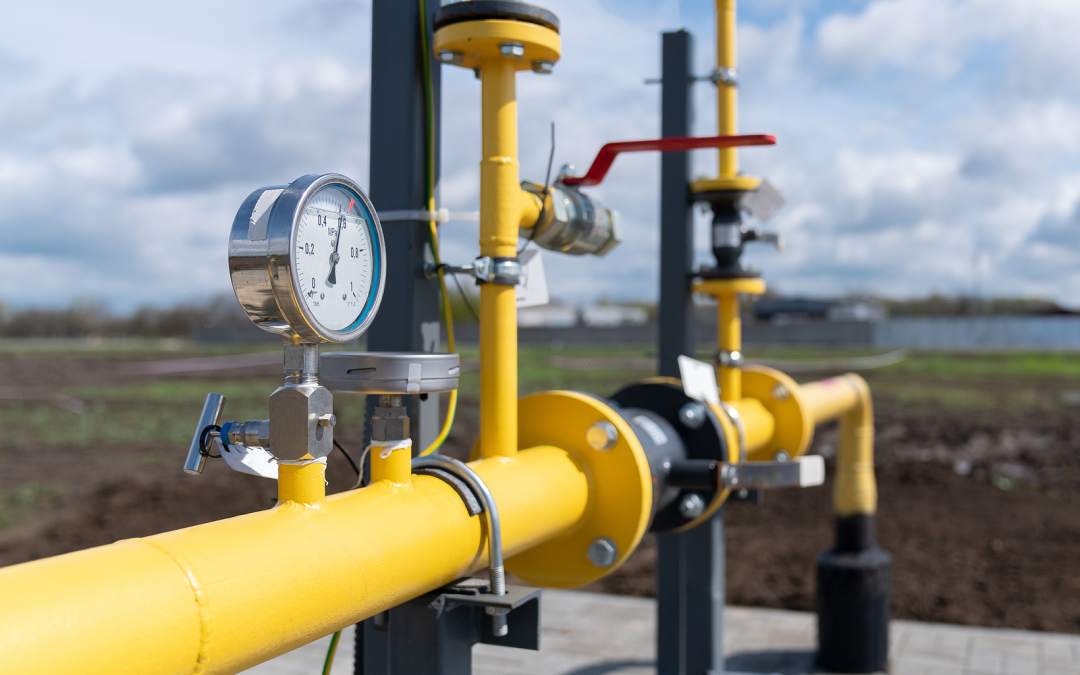Those who need a new cooker may have been thinking about their options, be they gas or electric, but one good reason to have a gas cooker installed is that the fuel will still be in use for many years to come.
While there has been much talk about the need to move away from fossil fuels, the reality is the transition will not be rapid and gas is at the lower end of the priority list, since it emits less carbon than burning oil or coal.
The key issue has been one of sourcing. Until around 20 years ago, the UK was self-sufficient in gas from the North Sea, but diminishing returns from that source have led to a growing need for imports to make up around half of the UK supply.
Much of this comes from the Langeled Pipeline from Norway, other gas is transported from the Netherlands via the BBL pipeline and there is some liquefied natural gas, with the chief provider of this to the UK being Qatar.
Fortunately, only three per cent of Britain’s gas came from Russia at the time of the invasion of Ukraine, so the UK was far less impacted by Western embargoes than countries with heavy reliance on it such as Germany.
Nonetheless, the UK’s energy security will always be greater if it can source energy supplies domestically and while attempts to establish an on-shore shale gas industry have foundered in recent years amid concerns about fracking, the government’s gas and oil licensing body, the North Sea Transition Authority, is pressing ahead with new licences.
The issue of the first 27 new licences has been announced, arising from 115 applications and covering 55 blocks. The awards were focused on the sites where production can begin soonest, making the fastest impact on North Sea energy supplies and helping provide a significant boost at a time when there are still question marks about supplies elsewhere.
Emphasising this point, NSTA chief executive Stuart Payne said: “Ensuring that the UK has broad options for energy security is at the heart of our work,” adding: “These licences were awarded in the expectation that the licensees will get down to work immediately.”
The same sentiment was expressed by energy secretary Claire Coutinho, who commented: “As recognised by the independent Climate Change Committee – we’ll continue to need oil and gas over the coming decades as we deliver net zero.”
She continued: “It’s common sense to reduce our reliance on foreign imports and use our own supply – it’s better for our economy, the environment and our energy security.”
Another 203 blocks will be next following various habitat regulation assessments, highlighting that UK gas supplies will be boosted further by more domestic supplies.
Of course, such a decision will be opposed by some, who campaign fiercely for the UK’s zero-carbon targets to be met sooner, but while there will come a time when gas is no longer the fuel that may power a cooker in south London, that day is still a long way off.

